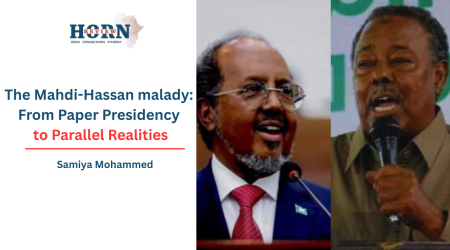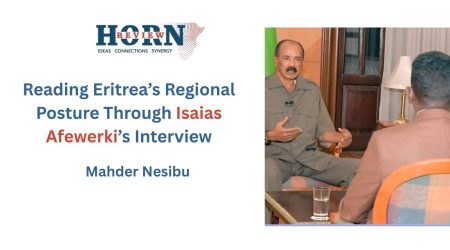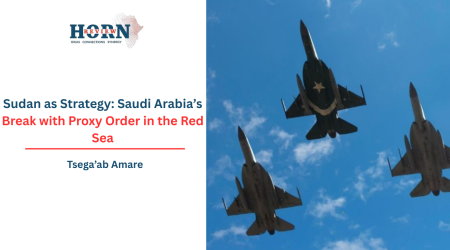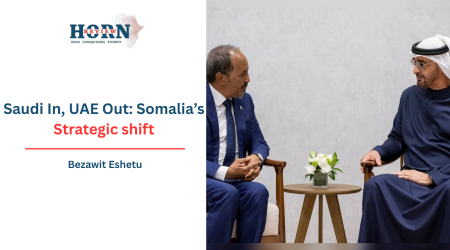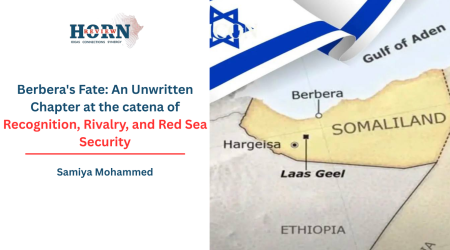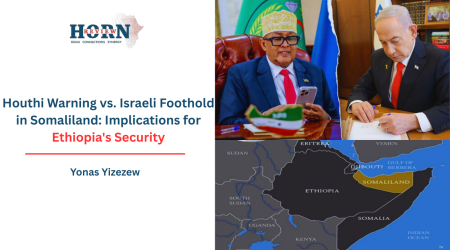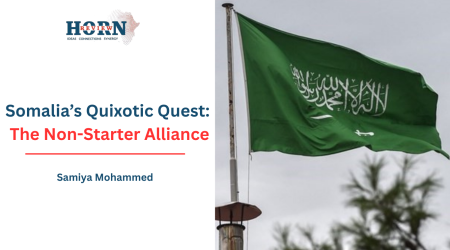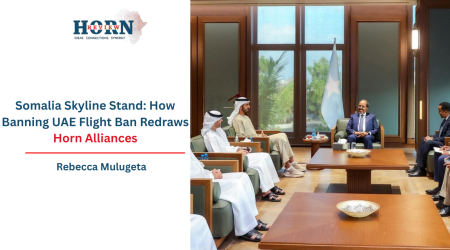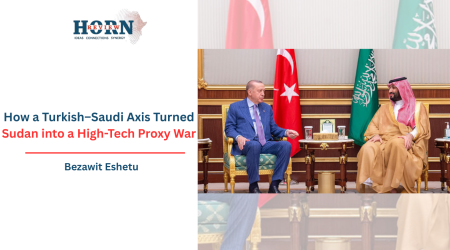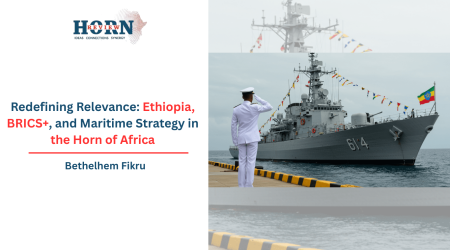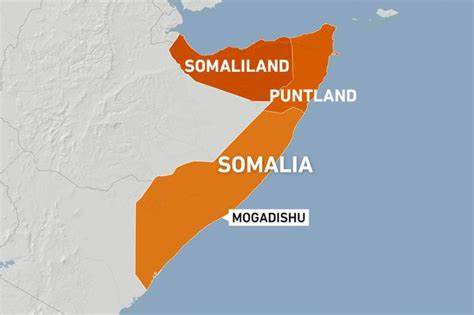
16
Apr
Somalia’s Federal Fault Lines Deepen as Puntland Withdraws from National Conference
Puntland President Said Abdullahi Deni has officially announced that his administration will not participate in the national dialogue conference convened by President Hassan Sheikh Mohamud (HSM), scheduled for May 1–2 in Mogadishu. This decision underscores escalating tensions between Somalia’s federal government and its member states, revealing deep-seated structural and political divisions within the country’s federal system.
The exclusion of Jubaland, another significant Darood-led federal member state, from the conference’s invitation list exacerbates the situation. With both Puntland and Jubaland absent, the gathering risks being perceived not as a national consensus-building platform but rather as a predominantly Hawiye-centric initiative. In a nation where clan balance and regional inclusivity are vital for political legitimacy, such an imbalance could undermine the credibility of the process.
In an apparent attempt to address this imbalance, Prime Minister Hamza Abdi Barre has intensified efforts to recognize SSC-Khatumo as a federal member state. On October 19, 2023, the Federal Government of Somalia officially acknowledged the interim administration of SSC-Khatumo, encompassing the Sool, Sanaag, and Cayn regions. This recognition followed consultations with SSC-Khatumo leaders and was aimed at fostering stability and governance in the region.
However, the United Nations has clarified that it does not officially recognize SSC-Khatumo as a regional state, emphasizing that such recognition falls under the purview of the Federal Government of Somalia. This distinction highlights the complexities and differing perspectives within the international community regarding SSC-Khatumo’s status.
Critics argue that the timing of SSC-Khatumo’s elevation reflects political expediency rather than a principled commitment to federalism. “Symbolism cannot substitute for substance,” remarked one regional analyst. “Manufacturing representation in the absence of the most established federal states only deepens mistrust and fractures the spirit of national dialogue.”
Puntland’s boycott is emblematic of longstanding grievances regarding the centralization of power in Mogadishu. President Deni’s rejection of the conference signals more than tactical displeasure, it underscores a structural divergence in visions for the country’s governance. Puntland has consistently championed a decentralized federal model and has grown increasingly wary of what it perceives as overreach by the central government.
The conference was originally envisioned as a pivotal moment to recalibrate Somalia’s political trajectory, bringing together stakeholders to address contentious issues ranging from constitutional reform and federal elections to security integration. Yet, without the meaningful participation of Puntland and Jubaland, any outcomes risk lacking both legal weight and political legitimacy.
Rather than bridging divisions, the May conference now appears poised to amplify them. Unless urgent steps are taken to foster genuine inclusivity and recalibrate federal-state relations, Somalia’s national dialogue risks devolving into a symbolic exercise, one that not only alienates key actors but also accelerates the fragmentation of the federal project.

